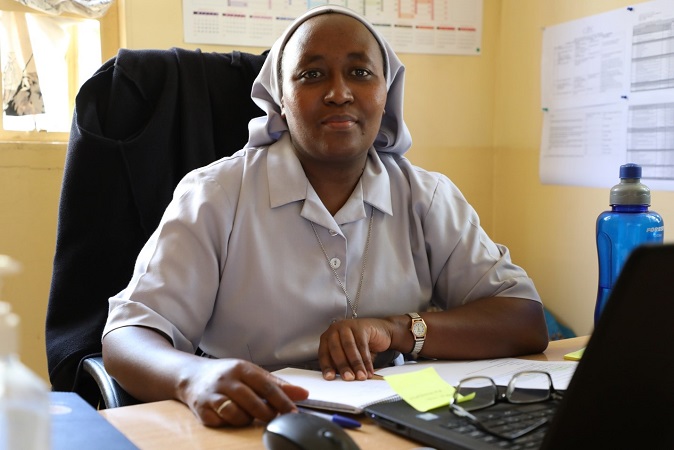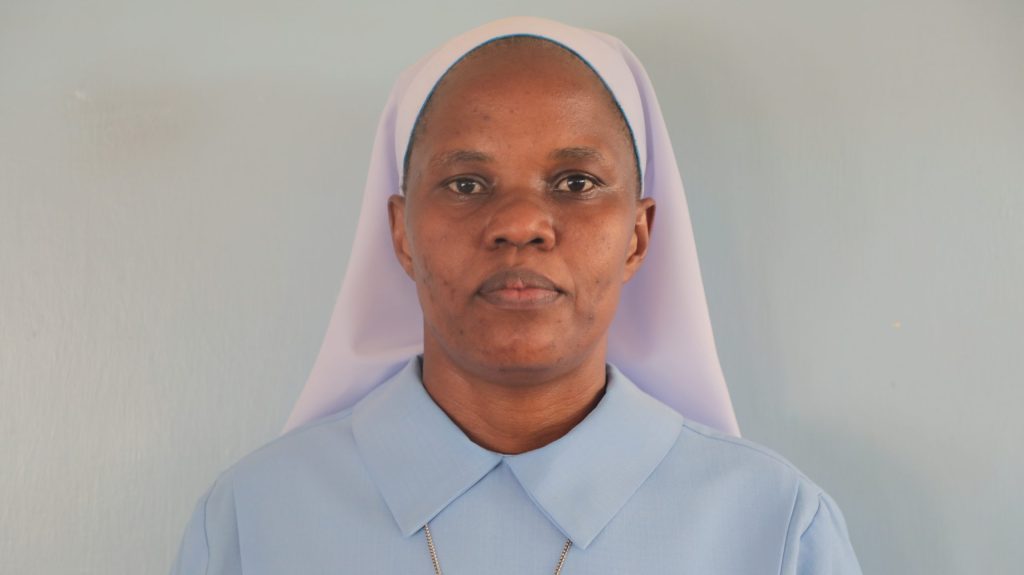Capstone Background
Empowering Kenyan Women and Girls on their human Rights
Kenya witnessed a significant milestone with the adoption of a human-rights-based constitution in 2010, aligning its legal framework with international standards. The country’s Vision 2030 Blueprint charts a path towards sustainable development and prosperity. However, despite these progressive policies and governance structures, gender disparities persist, particularly in labor force participation, where men dominate. This trend reflects deep-seated gender bias and discrimination prevalent in patriarchal societies, perpetuated by retrogressive cultural norms characterized by unequal gender roles and male chauvinism. Women, therefore, face significant barriers to accessing opportunities in the formal economy and political sphere. Addressing these challenges necessitates concerted efforts to dismantle discriminatory practices and create an environment where women can fully participate and thrive.
Data
- Only 29% of Kenyan women aged 15-49 are empowered. (2020 KNBS report)
71% of women are not empowered
- Women in urban areas are nearly twice as likely to be empowered (40%) compared to those in rural areas (22%)
- Women and girls experience conflict in different ways.
- Great need to empower women’s contribution to peacebuilding, human rights and equality.
- Women need more participation in decision-making, enabling them to engage more productively in economic revitalization.
- Women are also vulnerable in resource based conflicts and climate change consequences.
Specific Objective
There are reduced risk factors to women and girls associated with resource based conflicts and retrogressive cultural practices in Kenya.
AOSK CAPSTONE TEAM

Sr.Benardette Nzioka ,DSH
JPIC Coordinator

Sr.Hedwig Muse,LSMIG
JPIC Human Rights Coordinator

